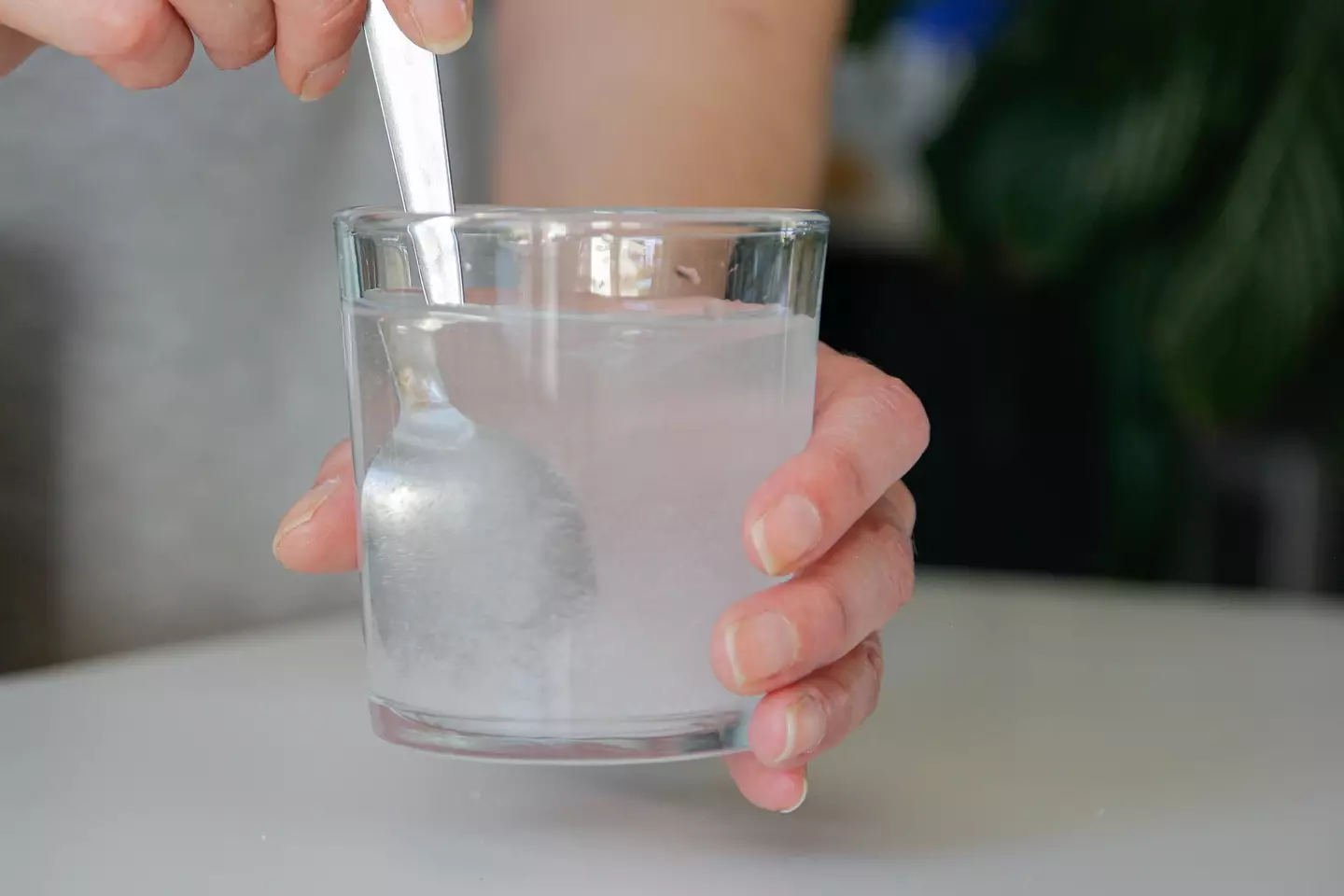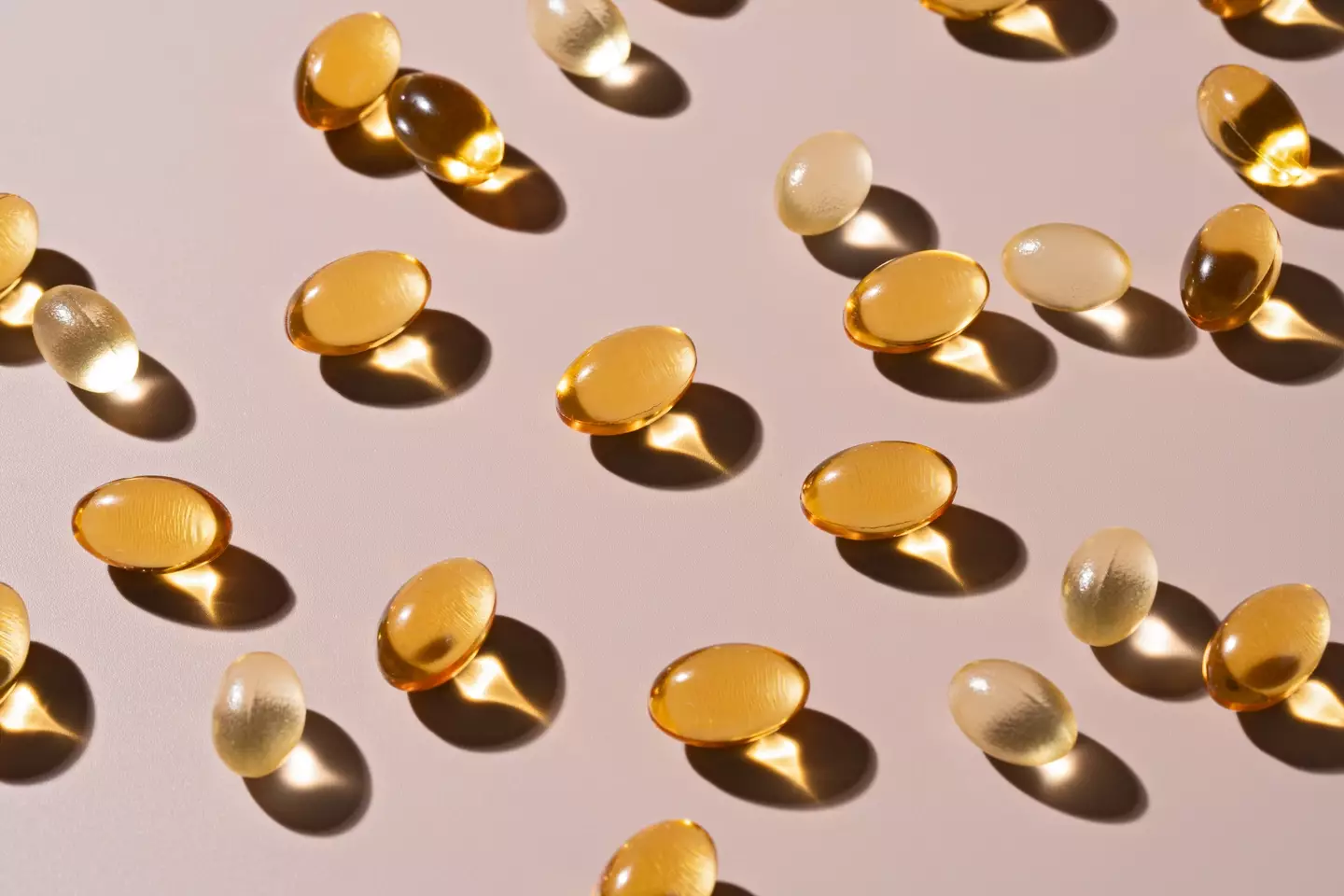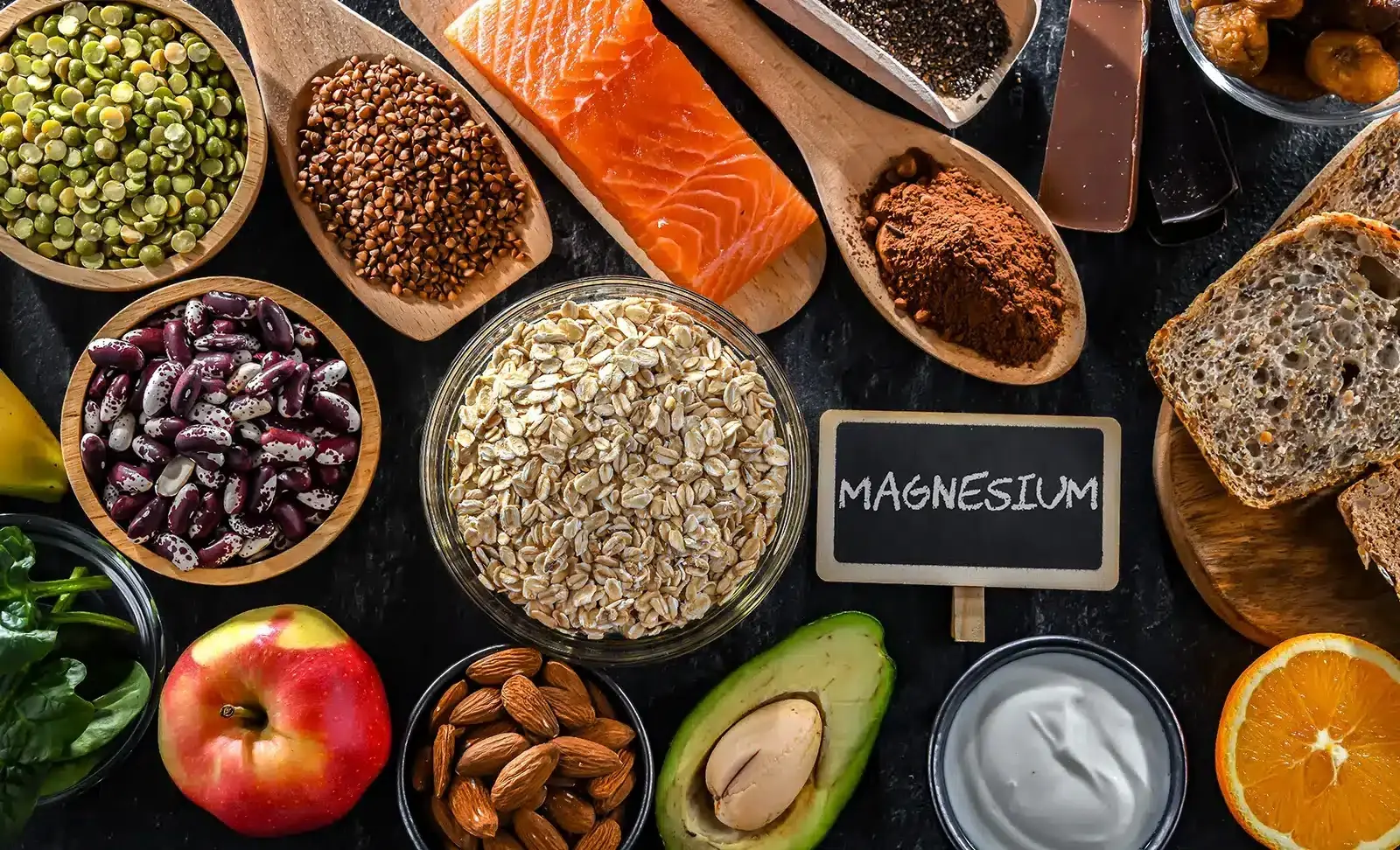
Doctor has message for anyone who takes collagen

Doctor Warns About Hidden Dangers in Popular Collagen Supplements
If you're taking collagen supplements to maintain youthful, glowing skin, you may want to take a closer look at what’s actually in those capsules.
While boosting collagen is a common goal—especially as we age—Dr. Asif Ahmed, a UK-based general practitioner, is urging consumers to be cautious about the hidden ingredients in some collagen products. Though the benefits of collagen for skin elasticity and hydration are well-known, the supplement industry lacks regulation, and that’s where problems can begin.
What Is Collagen—and Why Does It Matter?
Collagen is the most abundant protein in the human body. It’s what gives our skin its elasticity, keeps joints flexible, and supports strong bones and muscles. As we grow older, our natural collagen production slows down, leading to fine lines, sagging skin, joint stiffness, and even digestive issues.
Understandably, many people turn to collagen supplements—pills, powders, and drinks—to counteract these effects. Others may opt for lifestyle strategies like microneedling or bone broth to support collagen production naturally.
However, according to Dr. Ahmed, while supplementing with collagen can offer some benefits, not all products on the market are created equal—and some may even pose a hidden risk to your health.
The Heavy Metal Risk in Collagen Supplements
In a recent interview with The Express, Dr. Ahmed referenced a study published by the National Institutes of Health that investigated the safety of collagen products sold by 20–30 different companies. The results were alarming.
“They were all found to contain heavy metals like lead, arsenic, and mercury,” Dr. Ahmed explained. “While these are sometimes present in small amounts in food, they must stay within safe levels to avoid harm.”
The real concern lies in the lack of regulation in the supplement industry. Unlike pharmaceutical drugs, supplements are not strictly monitored for safety, quality, or purity in many countries—including the UK and US. That means consumers have no reliable way of knowing how much of these heavy metals might be present in their collagen supplement—unless the company voluntarily submits its product for third-party testing.
“If there are heavy metals in a supplement,” Dr. Ahmed added, “there’s no way you’ll find out unless the company is transparent and gets their product independently tested.”
Not All Collagen Is the Same

If you're considering taking collagen, it’s important to know that there are different types, and your source matters:
-
Bovine Collagen: Derived from cows, especially connective tissues like bones and hides. You can also get similar benefits from whole foods such as bone broth or bone marrow.
-
Marine Collagen: Sourced from the skin and scales of fish. This type is often preferred for its bioavailability, meaning it’s absorbed more easily by the body.
Each source has its benefits, but the most crucial factor is purity. Look for products that clearly state their origin, type (Type I, II, III, etc.), and third-party lab results to confirm they are free from contaminants.
Daily Habits That Harm Your Collagen
Aside from supplements, your daily lifestyle can greatly impact your body’s collagen levels. According to the Cleveland Clinic, the following habits can accelerate collagen breakdown:
-
Excessive sun exposure (UV radiation)
-
Smoking
-
Eating a high-sugar or highly processed diet
-
Lack of sleep
-
Chronic stress
The decline in collagen is not just cosmetic. It can lead to a range of physical symptoms, including:
-
Wrinkled or sagging skin
-
Hollowing of the cheeks and eyes
-
Muscle weakness
-
Joint stiffness or pain
-
Gastrointestinal discomfort
-
Poor circulation
How to Supplement Safely
While Dr. Ahmed acknowledges that collagen supplements can be helpful, his main advice is simple: Choose clean, tested products from reputable brands.
When shopping for collagen supplements, consider these tips:
✅ Look for "third-party tested" labels
✅ Choose products with low or no detectable heavy metals
✅ Prioritize transparency—brands that publish test results on their websites
✅ Opt for hydrolyzed collagen peptides for better absorption
✅ Pair with vitamin C, which helps support collagen synthesis in the body
Final Thoughts
Collagen supplements can offer genuine skin and health benefits, but they’re not without risk. With growing awareness of heavy metal contamination and the lack of regulation in the supplement industry, it’s more important than ever to be informed and selective about what you put into your body.
Dr. Ahmed’s warning isn’t meant to scare, but to empower. By choosing high-quality supplements and supporting your body’s natural collagen production through diet and lifestyle, you can safely enhance your health—without the hidden dangers.
News in the same category


7 Warning Signs of a Heart Attack You Can Spot Up to a Month Before—And the One Deadly Sign You Must Never Ignore

This Food Helps Activate Your Body’s Stem Cells So It Can Repair Itself Naturally

These 4 Herbs Can Protect Your Brain From Alzheimer’s, Depression, Anxiety & Much More

Hidden Signs Constipation Is Affecting Your Whole Body

Remove one item from your home to live longer, says a 92-year-old cardiologist

The Hidden Costs of Sleeping with the Wrong Person: What You Need to Know

Clean Your Blood Vessels Naturally

Cracked Heels Could Be a Warning Sign

SEVEN TYPES OF PAIN THAT SIGNAL MAJOR RED FLAGS FOR YOUR HEALTH

This Is What Happens to Your Body When You Add Turmeric to Your Daily Diet, According to Science

9 Signs of Diabetes That Appear at Night: What You Need to Know!

Flush Mucus From Your Body With These Highly Effective Home Treatments

Doctors Warn: These 14 Signs Mean You’re Low on Magnesium

Sleeping Naked: 8 Surprising Benefits

🍒 Tart Cherry Juice and Sleep: Can This Natural Remedy Help Seniors Rest Better?

Mini Stroke in People Over 40

5 early warning signs of cervical cancer

Drink Pumpkin Seed Water to Help Repair Your Body
News Post

The #1 Enemy of Your Thyroid: Stop Eating This Food Immediately!

7 Warning Signs of a Heart Attack You Can Spot Up to a Month Before—And the One Deadly Sign You Must Never Ignore

This Food Helps Activate Your Body’s Stem Cells So It Can Repair Itself Naturally

These 4 Herbs Can Protect Your Brain From Alzheimer’s, Depression, Anxiety & Much More

The Animal You See First Reveals Your Anger Trigger

Hidden Signs Constipation Is Affecting Your Whole Body

6 things mice are very afraid of, just put them in the house and the mice will run away

Put a handful of salt in the refrigerator: A golden use that every home needs

5 tips to keep your bathroom smelling fresh all week without having to clean it

How to clean air conditioner at home simply, clean and shiny: No need to waste money calling a technician

Put a drop of essential oil on clothes while soaking: "Special" use, not everyone knows how to apply it

Don't throw away rice water, keep it for these 6 "magical" things, save millions every year

Tips for conditioning hair with black vinegar, both economical and helps reduce hair loss and grow faster

The whole tree is a treasure, many people only eat the fruit but the flowers are the specialty, cooked into soup to make a super nutritious dish.

New Study Finds Eating More Than 1 Egg Per Week Cuts Alzheimer’s Risk by 47%

How Denmark Is Redefining Childhood in the Digital Age

Giving Back: 6-Year-Old Feeds Homeless For Her Birthday

This 4-Year-Old Honorary Librarian Has to be the Cutest and Most Well Read Kid Ever

Pamela R. Goodwine Becomes First Black Woman Elected to Kentucky Supreme Court
